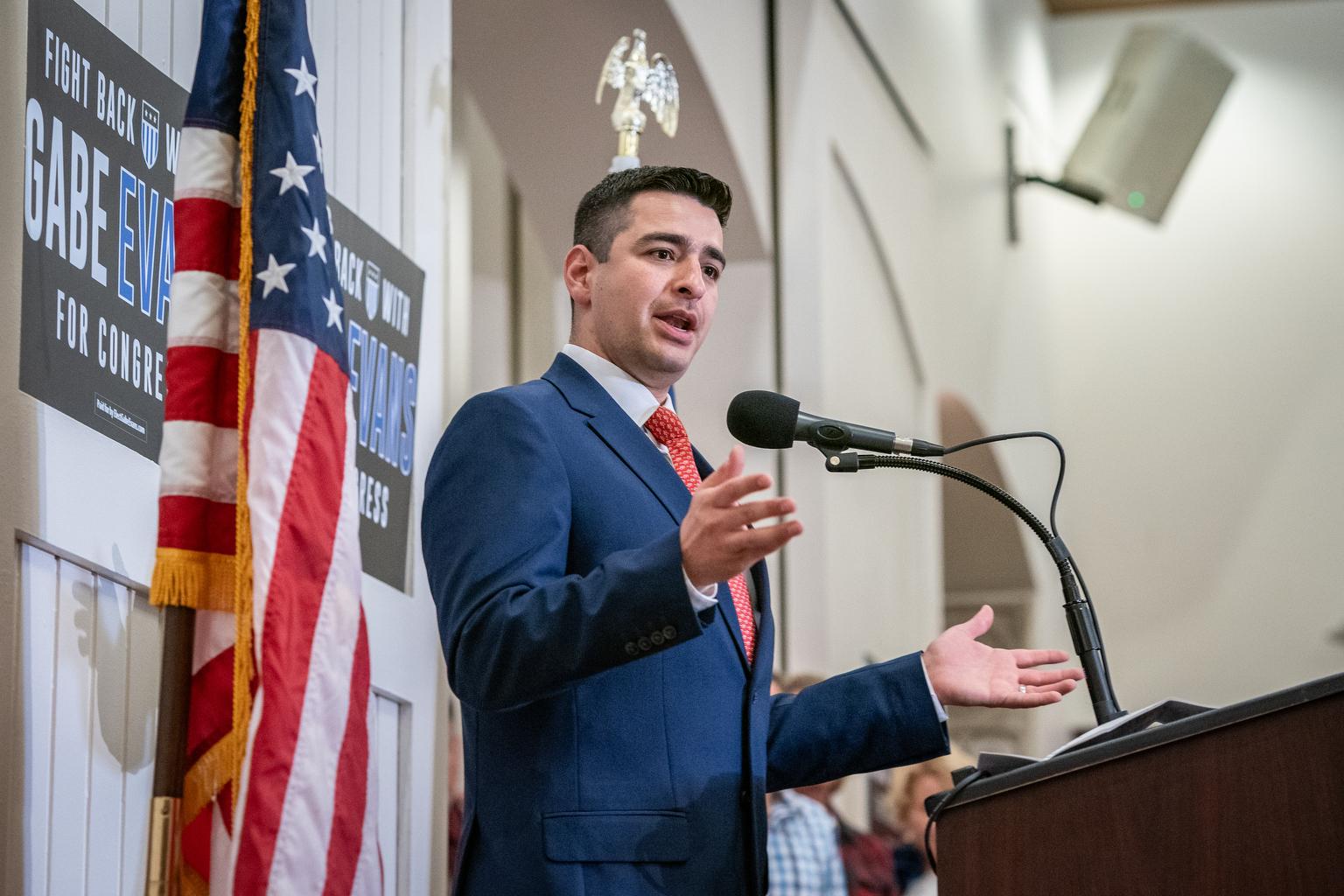
The Colorado Supreme Court on Monday struck down two cities' limits on fracking.
The industry group Colorado Oil and Gas Association (COGA) challenged the cities of Longmont and Fort Collins after voters passed rules suspending or outlawing that method of extracting natural gas and oil.
In two separate rulings on Monday, the Supreme Court called the cities' limits "invalid and unenforceable" because state law trumps the local ordinances.
"The Oil and Gas Conservation Act and the Commission’s pervasive rules and regulations ... convince us that the state’s interest in the efficient and responsible development of oil and gas resources includes a strong interest in the uniform regulation of fracking," the court wrote in the Longmont ruling.
The city's voters in 2012 passed an outright ban on fracking, the process of injecting sand, water and a proprietary mix of chemicals underground to extract oil and natural gas.
Likewise, the court found that Fort Collins' five-year moratorium, which voters approved in 2013, renders state regulations "superfluous" until 2018.
"In doing so, the moratorium materially impedes the effectuation of the state’s interest in the efficient and responsible development of oil and gas resources," the court wrote.
Local rights advocates had pointed to a section of the state constitution that says that citizens' inalienable rights "reign supreme over any state statute." But the court dismissed the argument.
"We are not persuaded," the court wrote in the Longmont ruling. "...under the citizen intervenors’ interpretation of the inalienable rights provision, no local regulation alleged to concern life, liberty, property, safety, or happiness could ever be preempted, and thus, such local regulations would always supersede state law."
The unanimous ruling indicates strong court support for state law, said Mark Squillace, a professor at the University of Colorado Boulder law school.
"I don’t expect the law is going to change, short of some kind of legislative change," Squillace said.
Industry Lauds Rulings
COGA President and CEO Dan Haley said the ruling was a strong message to anyone trying to limit oil and gas drilling in the state.
But he added that industry is committed to working with communities.
“This does not change the fact that COGA and the industry will continue to work with local governments to find solutions that benefit their local communities," he said.
Both Longmont and Fort Collins released statements on Monday saying they’re still reviewing the details of the case. They plan to comply with the court’s decision.
The ruling will have an impact on other Front Range communities -- including Broomfield, Lafayette, and Boulder -- that have approved restrictions on fracking. The court clearly said that these efforts are illegal.
Gov. John Hickenlooper, in a statement, said he appreciated the Supreme Court's guidance "on balancing private property rights and local government jurisdiction of oil and gas operations in Colorado."
"Striking the right balance is not only important to public health and safety, it has enormous implications for our state's economy," Hickenlooper said.
Environmentalists Regroup
Environmental groups called the rulings disappointing.
"These decisions also show that the oil and gas industry’s threats of litigation are a hammer that the industry has no qualms about wielding against local governments," Conservation Colorado Executive Director Pete Maysmith said in a statement.
But another group, Coloradans Resisting Extreme Energy Development, said the rulings could help with its signature drive to get two anti-drilling measures on the November ballot.
“This doesn’t change anything that we’re doing. It only makes the incentive to move forward stronger," said Tricia Olson, who heads up the group.
The first ballot measure would boost measures that communities can use to control oil and gas development. The second would increase the distance between homes and oil and gas wells to 2,500 feet.
If those ballot measures are approved, they would likely amend the state constitution. That could set up another legal conflict for courts to settle.









